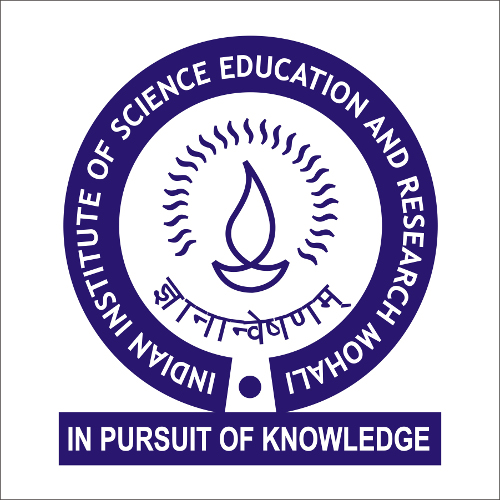|
Dr. Samrat Mukhopadhyay |
||
|
Email: mukhopadhyay(AT)iisermohali.ac.in Phone: Fax: +91 172 2240266 Personal Page: The Mukhopadhyay Research Group |
 |
|
|
Research Area: Chemical Biology and Biophysics: Conformational Characteristics and Phase Transition of Intrinsically Disordered Proteins, Liquid-Liquid Phase Separation, Misfolding, Aggregation and Amyloid Formation; Fluorescence and Raman Spectroscopy and Microscopy; Nanoscale Biophysics.
|
| Research Focus Proteins are the workhorses of the living systems. Traditionally, protein function was thought to depend on a unique well-defined 3D structure that is encoded by the amino acid sequence. However, current investigations have revealed that a large fraction of the proteome consists of polypeptide segments that lack a well-defined structure under physiological conditions. They belong to a distinct class of proteins termed as intrinsically disordered proteins (IDPs) that challenge the tenets of the traditional structure-function paradigm. The intrinsic disorder in the proteins allows the complex organisms to carry out multiple functions from the same proteins by adopting different conformational states. However, the disorder-to-function relationship is poorly understood. Additionally, dysfunction of many IDPs is associated with a range of deadly diseases such as Alzheimer's disease, Parkinson's disease, Amyotrophic lateral sclerosis (ALS), frontotemporal dementias (FTDs) and cancers. The Mukhopadhyay lab utilizes a diverse range of approaches involving biophysics, biochemistry, chemical biology, cell and molecular biology, and advanced single-molecule and ultrafast spectroscopy to gain molecular insights into the conformational ensemble and dynamics, the protein hydration water, liquid-liquid phase separation, aggregation and amyloid formation from various IDPs containing low-complexity and prion-like domains. These studies are beginning to illuminate the unique molecular insights into the pivotal functional and pathological aspects of phase transition of IDPs. |
|
|
- Last Updated:
